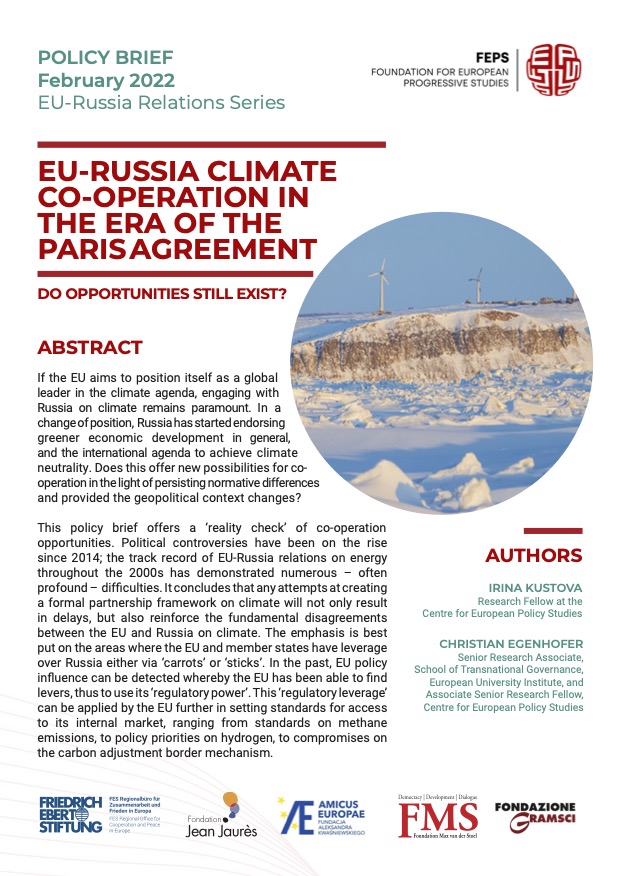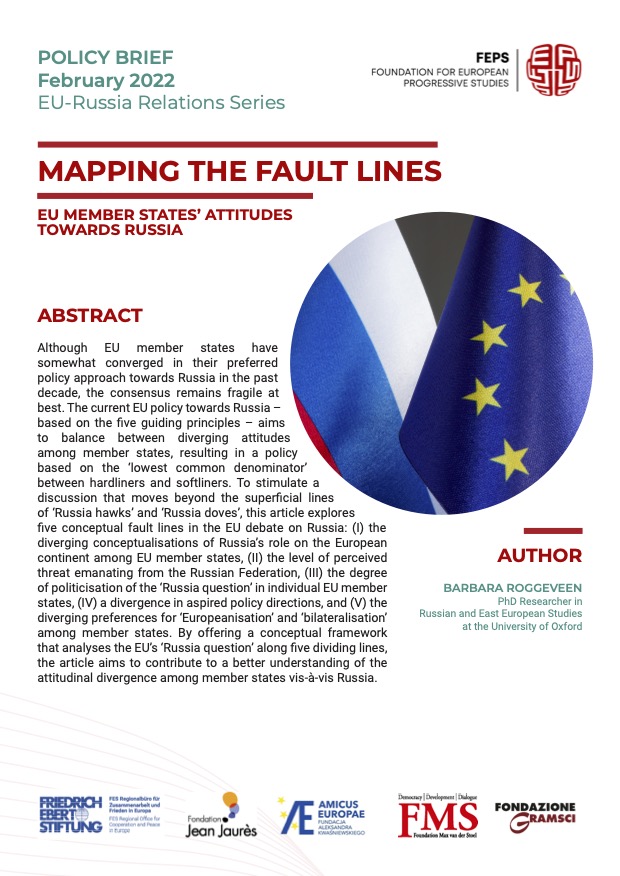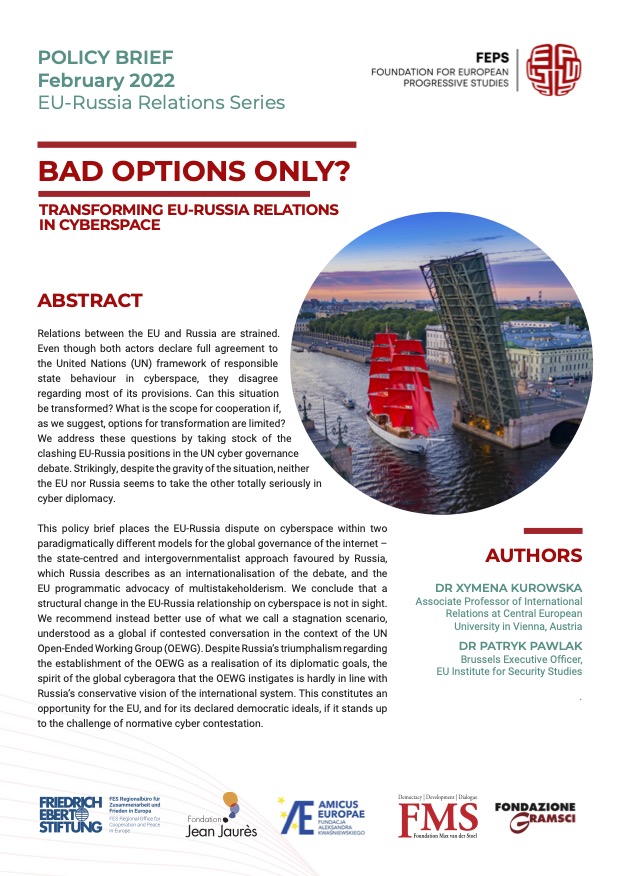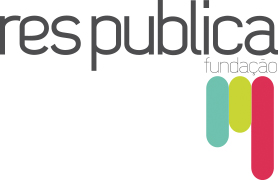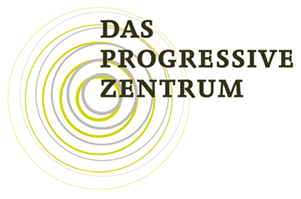
Publication
EU-Russia Relations Series II
February 11, 2022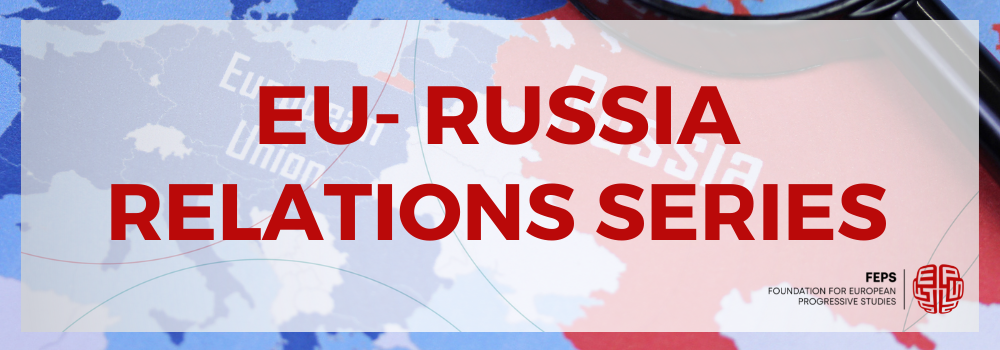
With ups and downs in the past few years, tensions between Russia and the EU have been mounting, and mutual mistrust has narrowed considerably the already limited space for cooperation.
FEPS and its partners have kept an analytical eye on EU-Russia relations since 2020 with the purpose to enable progressives to find alternative pathways to engage in this relationship.
Our consortium released a first series of policy briefs in June 2021. We are now pleased to share a new series of analyses completed in December 2021. They are the outcome of the research project “ReSetting the EU’s agenda towards Russia”.
***
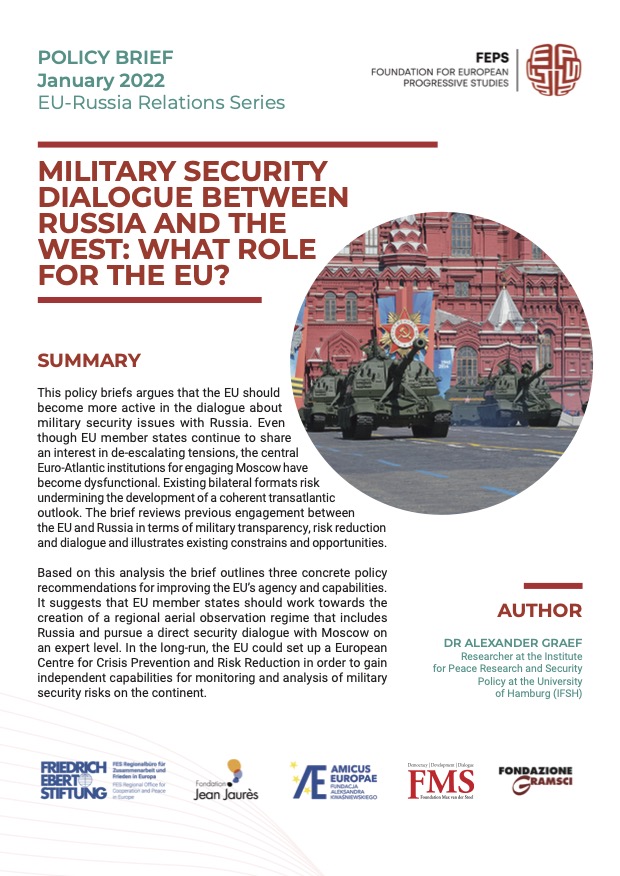
Military security dialogue between Russia and the West: What role for the EU? - Dr. Alexander Graef
This policy briefs argues that the EU should become more active in the dialogue about military security issues with Russia. Even though EU member states continue to share an interest in de-escalating tensions, the central Euro-Atlantic institutions for engaging Moscow have become dysfunctional. Existing bilateral formats risk undermining the development of a coherent transatlantic outlook. The brief reviews previous engagement between the EU and Russia in terms of military transparency, risk reduction and dialogue and illustrates existing constrains and opportunities.
Read the Policy Brief
EU-Russia climate co-operationin the era of the Paris Agreement - Irina Kustova and Christian Egenhofer
If the EU aims to position itself as a global leader in the climate agenda, engaging with Russia on climate remains paramount. In a change of position, Russia has started endorsing greener economic development in general, and the international agenda to achieve climate neutrality. Does this offer new possibilities for co-operation in the light of persisting normative differences and provided the geopolitical context changes?
Read the Policy Brief
Mapping the fault lines - Barbara Roggeveen
Although EU member states have somewhat converged in their preferred policy approach towards Russia in the past decade, the consensus remains fragile at best. The current EU policy towards Russia – based on five guiding principles – aims to balance between diverging attitudes among member states, resulting in a policy based on the ‘lowest common denominator’ between hardliners and softliners. To stimulate a discussion that moves beyond the superficial lines of ‘Russia hawks’ and ‘Russia doves’, this article explores five conceptual fault lines in the EU debate on Russia.
Read the Policy Brief
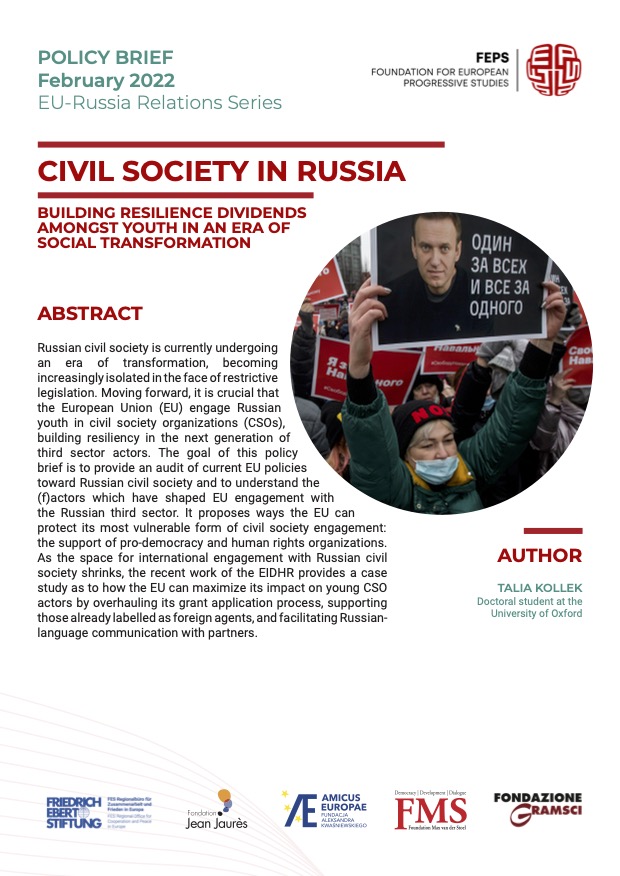 Civil Society in Russia - Talia Kollek
Civil Society in Russia - Talia Kollek
Russian civil society is currently undergoing an era of transformation, becoming increasingly isolated in the face of restrictive legislation. Moving forward, it is crucial that the European Union engages Russian youth in civil society organisations (CSOs), building resiliency in the next generation of third sector actors. The goal of this policy brief is to provide an audit of current EU policies toward Russian civil society and to understand the (f)actors which have shaped EU engagement with the Russian third sector. It proposes ways the EU can protect its most vulnerable form of civil society engagement: the support of pro-democracy and human rights organisations.
Read the Policy Brief
Bad options only? - Dr. Xymena Kurowska and Dr. Patryk Pawlak
Relations between the EU and Russia are strained. Even though both actors declare full agreement to the United Nations (UN) framework of responsible state behaviour in cyberspace, they disagree regarding most of its provisions. Can this situation be transformed? What is the scope for cooperation if, as we suggest, options for transformation are limited? We address these questions by taking stock of the clashing EU-Russia positions in the UN cyber governance debate. Strikingly, despite the gravity of the situation, neither the EU nor Russia seems to take the other totally seriously in cyber diplomacy.
Read the Policy Brief
related publications
-
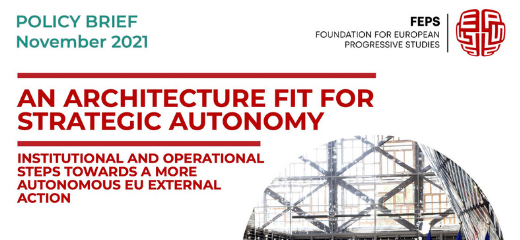
An Architecture fit for Strategic Autonomy
read more -
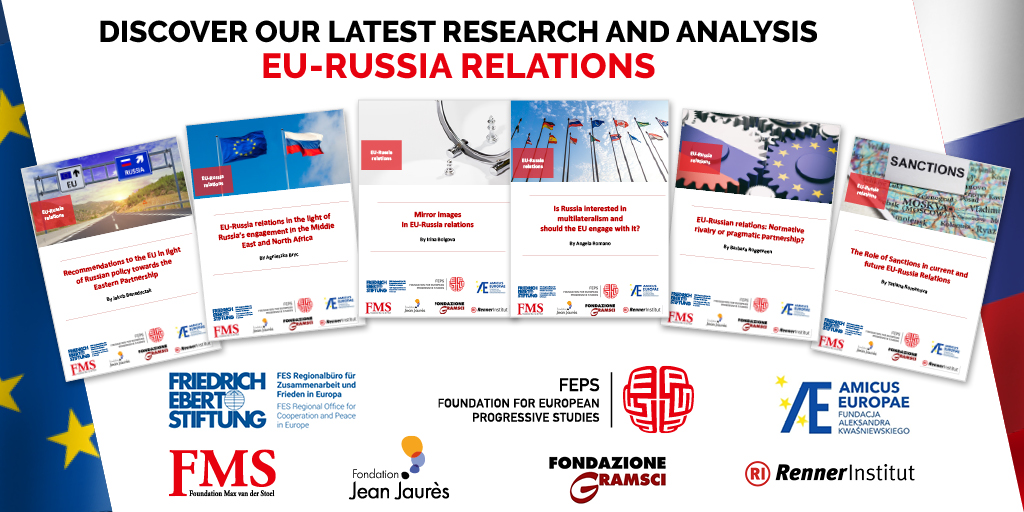
EU-Russia Relations Series
read more -
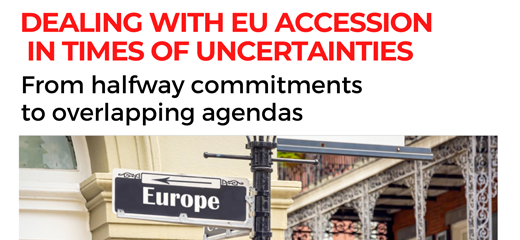
Dealing with EU accession in times of uncertainties: From halfway commitments to overlapping agendas
read more -
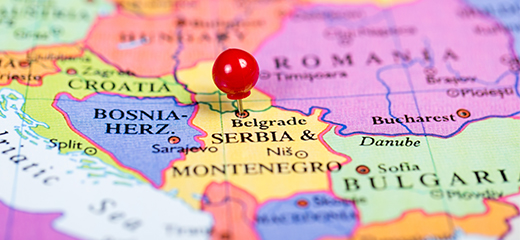
From EU Enlargement Fatigue to Ambiguity
read more -
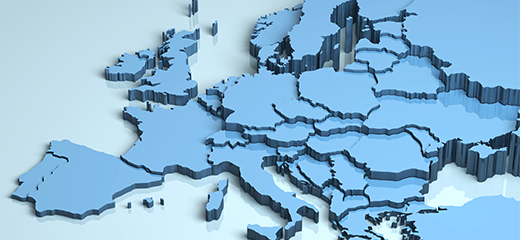
Daring More Europe: A New Progressive Eastern Policy
read more -
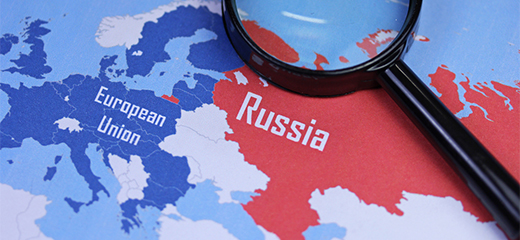
The EUGS and Russian hybrid warfare: effective implementation but insufficient results
read more


